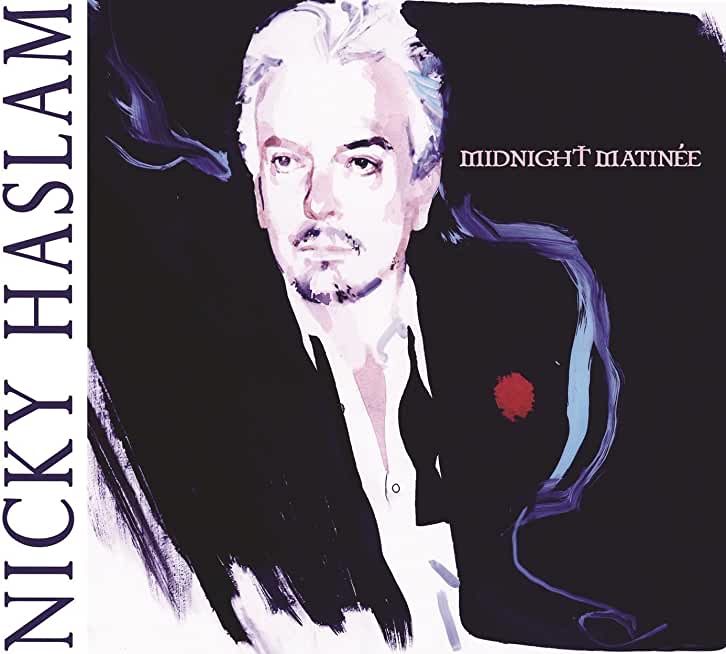
description
of U.S. Foreign Policy by Anthony Gronowicz. The United States, founded as an extension of the British Empire, never planned to accept a multipolar world upon its ascension to dominance in the early twentieth century. The U.S. prospered through geographic isolation and two world wars even as it regularly descends into race-based political chaos due to a historical legacy of internal chattel slavery. Its foreign policy is founded on militarism, the major force in advancing global economic hegemony over all competitors. This 15-chapter book begins with the two-ocean Spanish-American War, preparing Washington for World War I and then explores how Washington prompted corporations and universities to enable the Axis Powers. Last Western Empire addresses how Soviet military victory over Germany in World War II prompted Washington's Cold War. In the aftermath of world war, the U.S. engaged in a succession of interventions, including crushing Puerto Rican independence as it witnessed the Chinese communist revolution and intervened in the Korean War with deadly force. The book chronicles the significance of the U.S. upper class in foreign imperialist intervention that expands military power and corporate profits. The book highlights President Kennedy's fleeting attempt at peaceful coexistence, followed by the about face and the unleashing of the military by his presidential successors: Johnson and Nixon, with the support of the political establishment. President Carter armed Iraq to attack Iran while the Reagan-Bush regime aided both sides to covertly finance contra terrorism against Nicaragua, exposing their unconstitutional foreign policy decisions. The book then examines the growth of the international drug trade to facilitate control over sovereign nations and illuminates the seamless imperialist foreign policy from Bush Republicans through Clinton, Obama, and Biden Democrats. Major historical events are analyzed, from the dismantling of the Soviet Union to 9/11 and its aftermath, as the U.S. used the attacks as pretext to invade, occupy, and seize Iraq's oil. U.S. foreign policy in the first two decades of the twentieth century reveal a penchant to consolidate and expand its sphere of influence, from reinforcing control over Latin America through the overthrow of Honduran democracy to seeking to erode Russia's influence. Last Western Empire demonstrates that Washington continues to expand global power and influence through full-spectrum dominance, for example, demonizing of Russia, China, and Iran and supporting unsavory forces in Eastern Europe, the Middle East, Africa, and Asia through funding, training and financially supporting opposition to governments that do not conform to its imperialist designs.
member goods
No member items were found under this heading.
Return Policy
All sales are final
Shipping
No special shipping considerations available.
Shipping fees determined at checkout.







